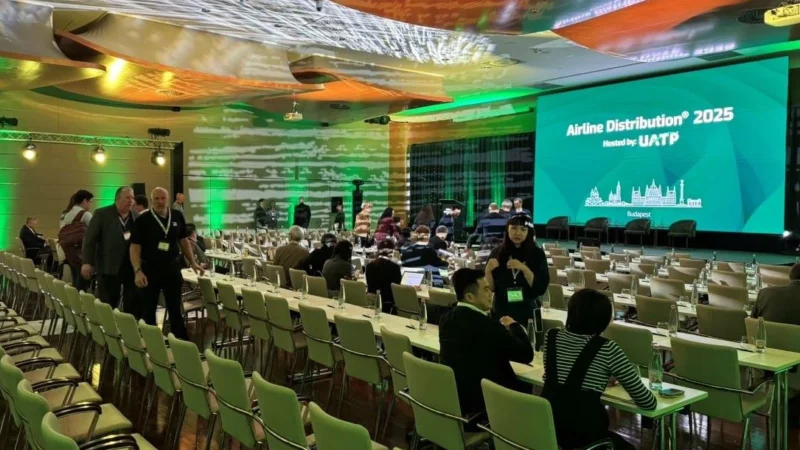Hyper-localisation is driving a more complex and fragmented payments market making the need for orchestration every more important, the UATP Airline Distribution summit was told.
That was the view expressed in a session discussing the future of alternative forms of payment involving airlines and payment companies.
David Sykes, chief commercial officer at Klarna, said: “What we are seeing in payments generally is hyper-localisation.
“If you are offering services in Sweden you need Klarna, but you also need Swish, in Amsterdam you need Ideal. In ecommerce changes in payments mix can make a big difference in terms of conversion.”
UATP’s senior vice president commercial Zach Ornelas, said the key factor in alternative payment adoption is less about maturity of the market, and more about relevancy.
“The relevancy changes region to region, and sometimes demographic to demographic – that’s what we look at to be relevant.”
Liam Nuttall, Etihad Airways payments manager, agreed there was a regional disparity in terms of the take up of alternative forms of payment.
“In some markets we are relatively mature, adding new forms of payment quite regularly. That said, in some emerging markets that’s not necessarily the case today.
“I do not think we are there yet, but it’s an evolving journey. And as we are trying to match those consumer expectations, they are constantly changing as well.”
Mette Evensen, Norwegian Air payment manager, said the Nordics had been fast-moving into the alternative payments sector.
“A lot of innovation in payments has come from the Nordics,” she said. “In other countries we have not been that fast but we are working towards it.”
Laura Miller, chief revenue officer and global head of ecommerce at acquirer Nuvei, said technology is a key indicator of the level of maturity of the alternative payments market.
She said another indicator is the level of revenue optimisation and cost reduction by using the right payment methods “end-to-end” in the right markets.
To achieve this payments orchestration Evensen is vital based on individual transaction-level data provided by acquirer partners so the right payments options are chosen.
“We really want to have all the data so we can optimise,” she said. “It’s key for us to be as cost efficient as possible. It’s also about conversion.
“You can introduce alternative forms of payment that isolated have a lower conversion but if you isolate it on an individual customer level it’s important you measure conversions on a customer level.”
Miller said orchestration comes in many forms from relatively simplistic to more sophisticated that take context into account and manage traffic flows.
One of the main reasons airlines need orchestration is to work some redundancy into the systems to mitigate challenges like technology and credit risks.
“There is not one provider round the world that can provide every single thing to every airline customer,” she said.
Nuttall said as an always open 24/7 business Etihad Airways needs risk protection. “Two years down the line and what we are starting to see is the speed to market we can bring.”

